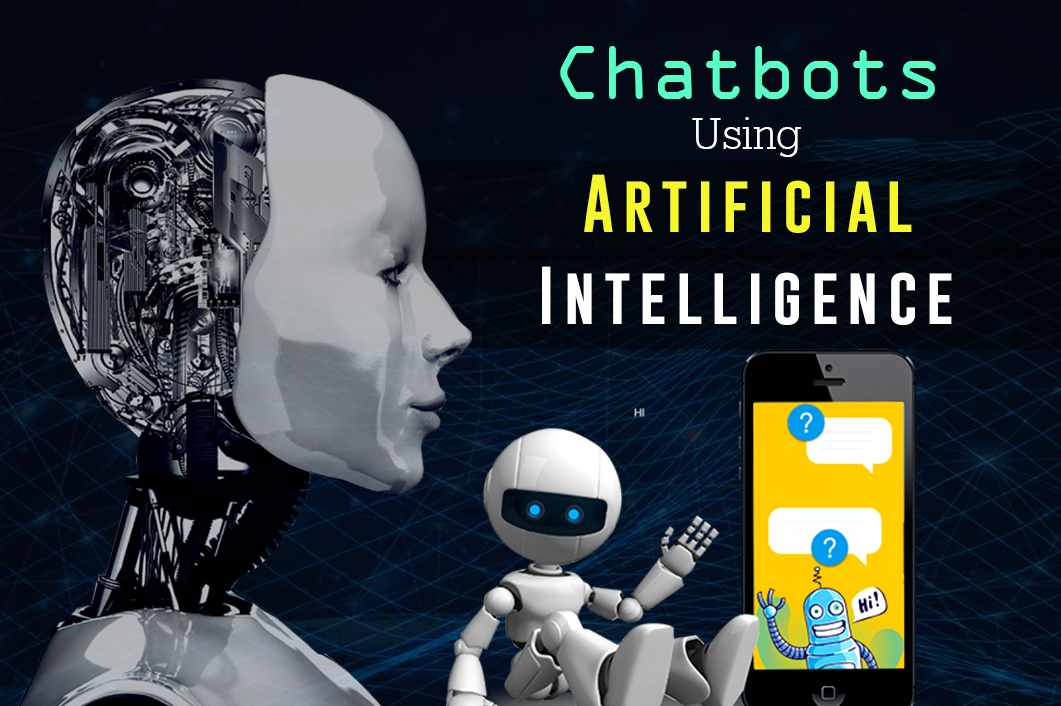Customer support is a critical aspect of any business’s success. Whether you run an e-commerce website, a mobile app, or a software company, providing prompt and effective customer support is essential for retaining customers and building brand loyalty. However, the traditional methods of customer support, such as phone calls and email, are often slow and inefficient. This is where AI-powered chatbots come into play, revolutionizing customer support in apps and websites.
The Rise of AI-Powered Chatbots
AI-powered chatbots have gained significant traction in recent years, thanks to advances in natural language processing (NLP) and machine learning technologies. These chatbots are designed to mimic human conversation and provide real-time assistance to users. They have become a game-changer for businesses looking to enhance their customer support efforts, and here’s why:
- 24/7 Availability: Unlike human agents, AI-powered chatbots can provide support 24/7 without breaks or vacations. This means that customers can get assistance whenever they need it, even outside of regular business hours. This level of availability is particularly important in today’s global marketplace, where customers may be in different time zones.
- Instant Responses: One of the main frustrations customers experience when seeking support is the wait time for a response. AI chatbots can provide instant responses to common queries and issues. This not only improves customer satisfaction but also helps resolve problems faster.
- Cost-Effective: Hiring and training human customer support agents can be expensive. AI chatbots offer a cost-effective alternative, as they require minimal maintenance and can handle a large volume of inquiries simultaneously. This can lead to significant cost savings for businesses.
- Scalability: As your business grows, so does the volume of customer support requests. AI chatbots can easily scale to handle increased demand, ensuring that all customer inquiries are addressed promptly.
- Consistency: AI chatbots provide consistent responses, ensuring that customers receive the same level of service regardless of the time of day or the agent they interact with. This consistency helps build trust and brand reliability.
How AI Chatbots Work?
AI chatbots rely on advanced NLP algorithms and machine learning models to understand and respond to user queries. Here’s a simplified overview of how they work:
- User Interaction: When a user initiates a chat, the AI chatbot analyzes the text input or voice command to understand the user’s intent.
- Intent Recognition: Using NLP, the chatbot identifies the user’s intent, whether it’s a simple query, a request for information, or a problem that needs resolution.
- Data Retrieval: The chatbot then accesses a knowledge base, which contains information about the company’s products, services, and frequently asked questions. It also utilizes historical data to provide personalized responses.
- Response Generation: Based on the user’s intent and available data, the chatbot generates a response. This can include providing information, troubleshooting steps, or directing the user to relevant resources.
- Continuous Learning: AI chatbots improve over time through continuous learning. They analyse interactions and user feedback to enhance their performance and accuracy.
Real-World Applications
AI-powered chatbots have found applications across various industries, enhancing customer support in apps and websites:
- E-Commerce: Chatbots can assist shoppers with product recommendations, track orders, and answer questions about shipping and returns.
- Banking and Finance: Chatbots can provide account information, assist with fund transfers, and help customers with common banking tasks.
- Healthcare: Healthcare providers can use chatbots to schedule appointments, provide medication reminders, and offer general health information.
- Travel and Hospitality: Travel websites and apps can use chatbots to assist with booking flights, hotels, and rental cars, as well as answering travel-related queries.
- SaaS Companies: Software-as-a-Service companies can use chatbots to provide technical support, guide users through software features, and troubleshoot issues.
AI-powered chatbots are a game-changer in the world of customer support for apps and websites. They offer businesses the ability to provide instant, efficient, and cost-effective support to their customers, leading to higher customer satisfaction and loyalty. As AI technology continues to advance, we can expect chatbots to become even more sophisticated and capable, further revolutionizing the way businesses interact with their customers. Incorporating AI chatbots into your customer support strategy is not just a trend; it’s a strategic move that can give your business a competitive edge in the digital landscape.

